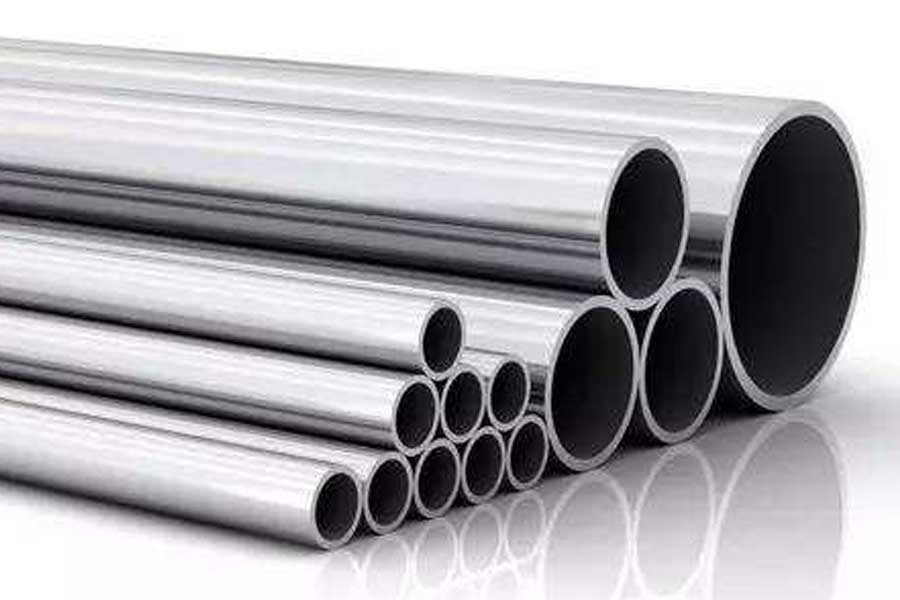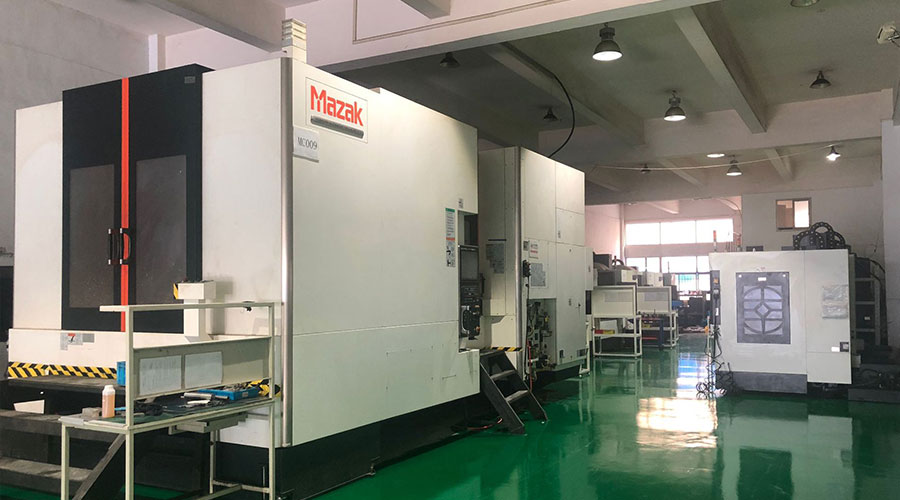0Cr18Ni10Ti is a chromium-nickel austenitic stainless steel. This type of steel has excellent corrosion resistance and good comprehensive mechanical properties. At the same time, due to its excellent process performance and welding performance, it has been widely used in the chemical and light industry fields.
In the development of austenitic stainless steel, Ti is often used instead of C to reduce intergranular corrosion, especially sensitized intergranular corrosion. At the same time, Ti as an alloying element can effectively improve the grain size and mechanical properties of austenitic stainless steel. Researchers mainly studied the relationship between Ti content and grain size and the influence of Ti content on grain size and mechanical properties under different heat treatment conditions, and determined the optimal Ti content and heat treatment process.
The test steel was smelted in a 50kg vacuum induction furnace. The ingot was forged into a 40mm thick slab after heat preservation at 1150°C, and then hot rolled into a 13mm thick plate as the test material. The chemical composition of the test steel is shown in Table 1.

Table 1 Chemical composition of test steel (mass fraction, %)
Number CSiMnPSCrNiTi
T10.0530.511.170.00530.004917.9410.340.24
T20.0550.521.170.00410.003917.8510.300.33
T30.0550.591.190.00600.003717.749.980.40
T40.0500.521.120.00390.003517.9010.490.61
The test steel is mainly solid-solution treated, and the performance change law of the test steel after solid-solution treatment at different temperatures and times is studied. The heat-treated test steel was made into tensile test bars according to the GB/T228.1-2010 standard, and its tensile mechanical properties were tested. The MEF4M optical microscope was used to observe the morphology of the tissue. The results showed that:
(1) Within a certain range, as the Ti content increases, the Ti(CN) content pinned at the grain boundary increases, which inhibits the growth of grains, effectively controls the grain size, and improves the mechanical properties of steel. The best Ti content is controlled at 0.4%.
(2) As the solution temperature increases, the strength of steel is higher when the temperature is lower than 1050°C, and the strength decreases significantly when the temperature is between 1050 and 1100°C. The solution temperature continues to rise, the strength continues to decrease, but the plastic toughness increases. Considering the mechanical properties, the solid solution temperature should be controlled within 1050℃.
(3) When the test steel is kept at a temperature above 1050℃, the second phase pinned at the grain boundary gradually dissolves in the matrix, the pinning effect on the grain boundary is weakened, and the grains grow seriously. In order to avoid coarse crystal grains, the best solution temperature is 1050℃.
Link to this article: Alloy element Ti and its heat treatment process
Reprint Statement: If there are no special instructions, all articles on this site are original. Please indicate the source for reprinting:https://www.cncmachiningptj.com/,thanks!
 Sheet metal, beryllium, carbon steel, magnesium, 3D Printing, precision CNC machining services for heavy equipment, construction, agriculture and hydraulic industries. Suitable for plastics and rare alloys machining. It can turn parts up to 15.7 inches in diameter. Processes include swiss machining,broaching, turning, milling, boring and threading. It also provides metal polishing, painting, surface grinding and shaft straightening services. The production range(include aluminum die casting and zinc die casting) is up to 50,000 pieces. Suitable for screw, coupling, bearing, pump, gearbox housing, drum dryer and rotary feed valve applications.PTJ will strategize with you to provide the most cost-effective services to help you reach your target,Welcome to Contact us ( [email protected] ) directly for your new project.
Sheet metal, beryllium, carbon steel, magnesium, 3D Printing, precision CNC machining services for heavy equipment, construction, agriculture and hydraulic industries. Suitable for plastics and rare alloys machining. It can turn parts up to 15.7 inches in diameter. Processes include swiss machining,broaching, turning, milling, boring and threading. It also provides metal polishing, painting, surface grinding and shaft straightening services. The production range(include aluminum die casting and zinc die casting) is up to 50,000 pieces. Suitable for screw, coupling, bearing, pump, gearbox housing, drum dryer and rotary feed valve applications.PTJ will strategize with you to provide the most cost-effective services to help you reach your target,Welcome to Contact us ( [email protected] ) directly for your new project.
Link to this article:Alloy element Ti and its heat treatment process
Reprint Statement: If there are no special instructions, all articles on this site are original. Please indicate the source for reprinting.:ODM Wiki,thanks!^^